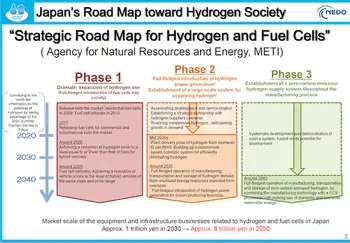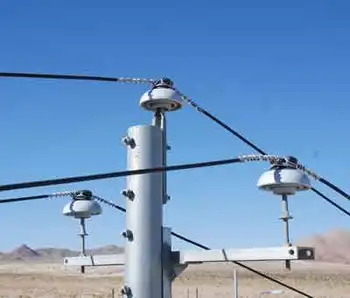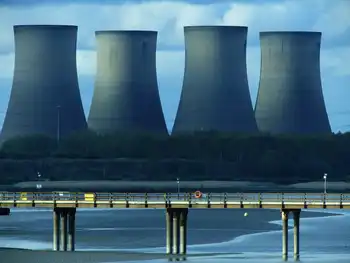Emerson to automate vital Chinese power plant
By FinanzNachrichten
Substation Relay Protection Training
Our customized live online or in‑person group training can be delivered to your staff at your location.

- Live Online
- 12 hours Instructor-led
- Group Training Available
Ultra-supercritical plants require less coal per megawatt-hour, leading to lower emissions, higher efficiency, and lower overall fuel costs.
The Pingdingshan Luyang power plant in the Henan Province, jointly owned by CPI and Pingdingshan Coal Co. Ltd., will use Emerson technologies to manage critical processes, increase plant efficiencies, and boost megawatt production to support the region's economic development and population growth. Under the contract, Emerson will provide automation and control technologies for the first two 1,000-megawatt units expected to go into commercial operation in 2010. The plant will ultimately feature six 1,000-megawatt units.
The win is yet another example of Emerson's global leadership in the power generation industry. To date, Emerson's plant automation and control technologies support 600 gigawatts of the world's power generation capacity.
"The Pingdingshan Luyang power plant is critical to central China," said Hongzhan Wang, instrumentation and control director at CPI. "Emerson's industry-leading automation technology is the logical choice for supporting the region's growing need for more power."
This project marks the first time Emerson's technology will directly control a new 1,000-megawatt turbine in China. Additionally, Emerson's system will monitor and control the boiler and all major plant components. Unifying boiler and turbine operations provides improved unit stability, responsiveness, and thermal efficiencies, as well as tighter overall control of plant operations.
Further, this is the first large-scale implementation of Emerson's digital automation technologies in a Chinese power plant that incorporates high-speed communications networks, intelligent field devices, detailed diagnostics, and predictive maintenance. This approach offers a number of operational and economic advantages, including reduced wiring costs, streamlined device configuration, more efficient plant start-up, and long-term operations and maintenance savings.
"Emerson's extensive experience in the supercritical power market makes us ideally suited for this project," added Bob Yeager, president of the Power&Water Solutions division of Emerson Process Management. "We are extremely proud and pleased to be working with the China Power Investment Corp. on an innovative solution that's now serving nearly 65 percent of the approximately forty 1,000-megawatt units that are built or being built in China."











